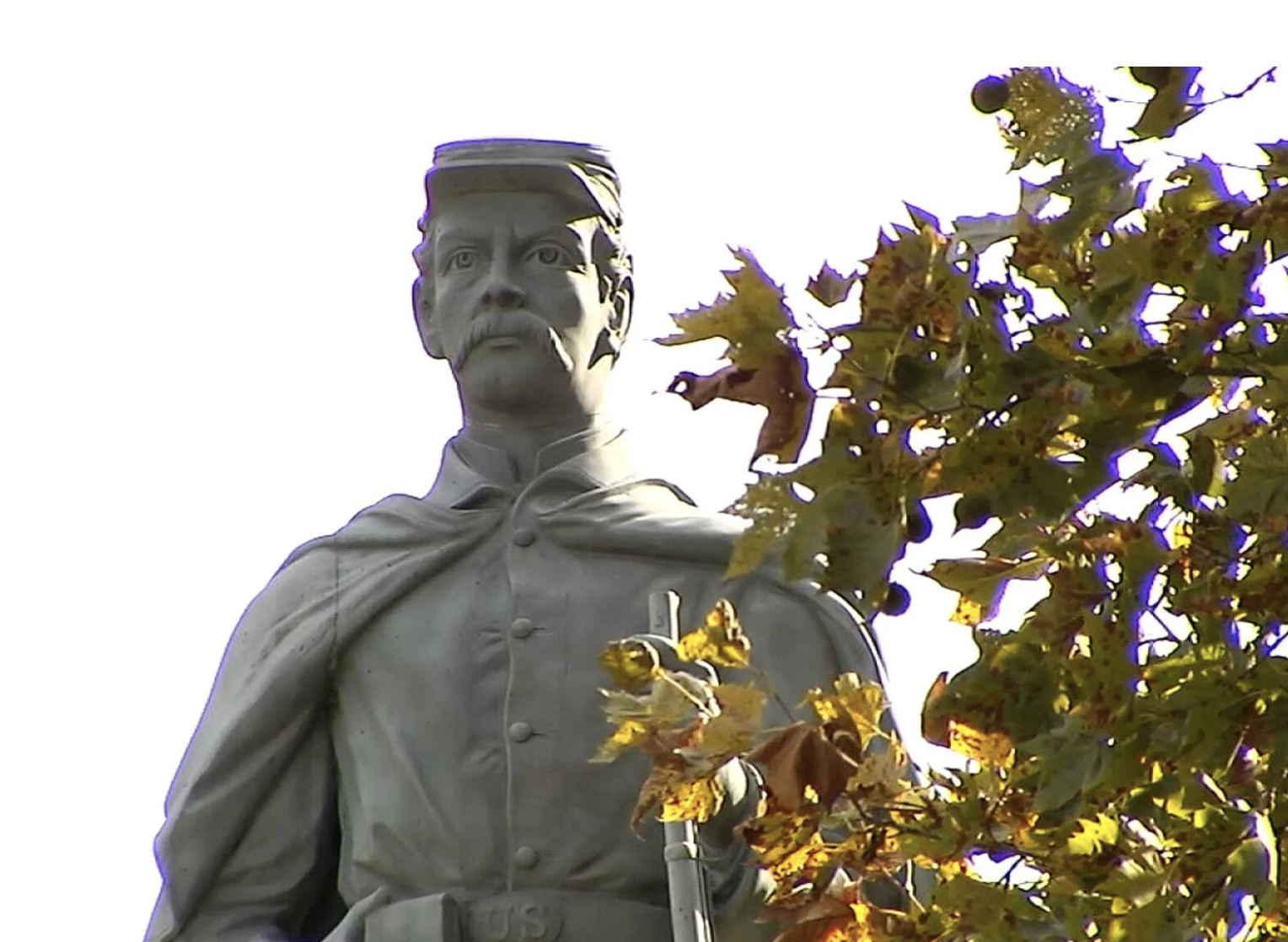Jonathan Taylor of Bethlehem
WFMZ.com by Frank Whelan (CWRT Board Member)
To read the complete article CLICK HERE
“It is well that war is terrible, or we should grow too fond of it.” - Confederate commander Robert E. Lee, on seeing federal charges repulsed at the battle of Fredericksburg, Va. December 13, 1862
These oft-quoted words of Lee, usually the only ones selected from him in most books of reference almost brings to life a picture, one of those Don Troiani paintings or prints much admired and collected by Civil War buffs. There Lee sits on Traveler, ramrod straight, half lowered field glass in hand, aides and fellow officers around him. He turns to his trusted aide James Longstreet (later to be defamed by true believers in the Lost Cause after the war by becoming a Republican and supporter of civil rights for Blacks) and utters the quote for which he is most remembered. Was someone taking notes?
Somewhere off of this picture is 20-year-old Jonathan Taylor of Bethlehem and at that moment no one had to tell him how terrible war was. As a Captain of Company C of the 129th Regiment of Pennsylvania Volunteers he found himself in one of the bigger failures of Union military leadership in the Civil War, the battle of Fredericksburg, one that would eventually lead to his wounding and later death. The Civil War monument in Bethlehem’s Rose Garden, recently restored, honors Taylor and his fellow soldiers from the Bethlehem and Northampton County area.
Born in Kidder Township, Carbon County on the 21st of April 1842, Taylor moved with his family to Bethlehem in 1858. At the outbreak of the war in 1861 he was a student at the Weaversville Academy, a private school of 100 students, some of whom boarded at the school and included male and female scholars. The academy favored a classical education, which meant an emphasis on Greek and Latin classics in the original languages. If it was like other schools of this type, it included writings of Homer and Caesar and other tales of soldiers from antiquity. The fact that Taylor attended a private school where his parents had to pay tuition rather than a public school suggests that they were of some means if not exactly wealthy.
Shortly following the bombardment of Fort Sumter the 19-year-old Taylor enlisted in Company A, First Pennsylvania Volunteers. The regiment was mustered in at Harrisburg on April 20th 1861. If he was like many young soldiers at the time Taylor might have assumed that the war would be over before he had a chance to fight. His regiment was at Harpers Ferry on July 21, 1861, when the battle of Bull Run took place. Washington socialites in their carriages with picnic baskets quickly fled following a Union Army battered against Jackson’s “stone wall.” It signaled the war would be a long one.
Taylor’s unit had only been mustered in for three months of service. For some that brief stint with war was…
To read the complete article CLICK HERE
